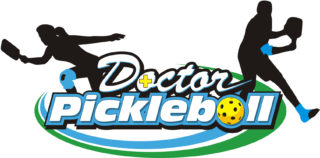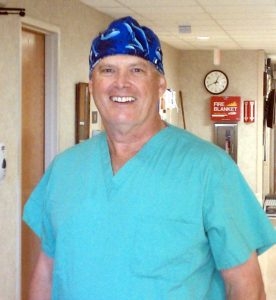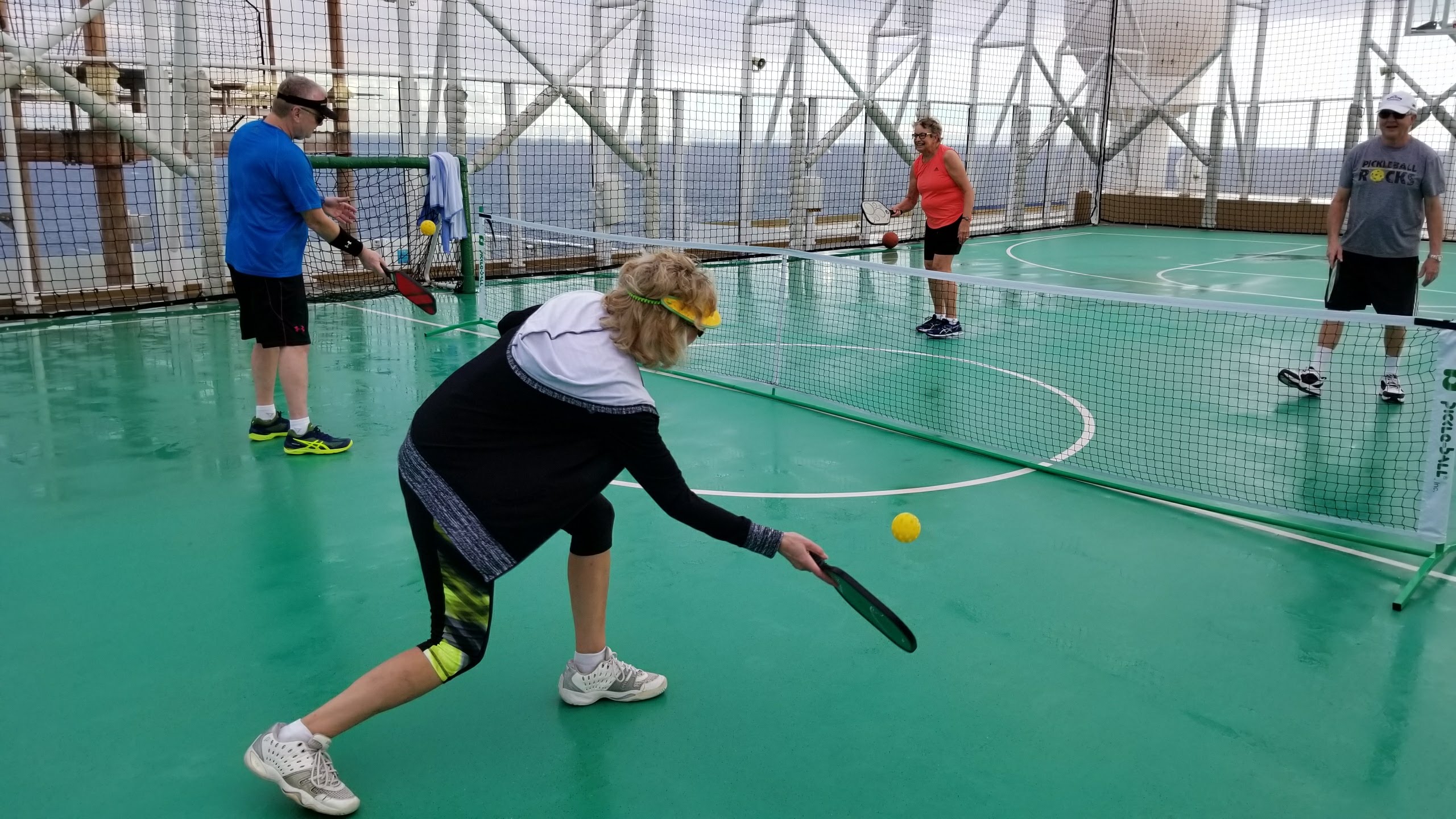WELCOME TO DOCTORPICKLEBALL!
Expert Orthopedic Advice For All Pickleball Athletes.
DOCTOR PICKLEBALL ON ORTHOPEDIC INJURIES
Pickleball injuries in the mature athlete run the gamut from ankle sprains to ACL tears, low back sprains to rotator cuff injuries. Many problems are nagging issues that do not prevent you from playing, but need a little help. I hope this website is a source for common sense information about frequent pickleball injuries and conditions. I also hope to provide practical advice such as ways to prevent injury, when to see a doctor, have an MRI, or even consider surgery. We want your OMG moment to mean “One More Game” (thanks Rachel) versus a surprise “Oh My Gosh!” response to an unexpected physical problem that might have been minimized or prevented. Some general advice is listed below.
When Do I Stop Playing?
Generally when pain is felt in a part of the body when playing (and not a specific injury), it is message for you to pay attention. If that pain becomes worse when playing, or worse during the course of successive play days, and is not improving, then the problem needs to be addressed. Playing through pain can be a bad choice. There is no common sense in finishing a game when you know you may pay for it later. It is better to stop so you can play another day.
When To See an Orthopedist or Other Specialist?
Most common overuse conditions can be self treated using an ice bag (20 minutes on, 20 minutes off, 20 minutes on), cold gel pack, over the counter NSAIDs such as Ibuprofen or Naprosyn (Aleve), and a few days of rest. It is important to maintain gentle active range of motion of the affected area, expecially the shoulder, knee, and low back. When pain persists over a period of 3 or 4 weeks and is not improving even with rest, it is a time to seek professional attention. Continue below.
When Do I Need an MRI?
I believe, as do many well known orthopedists (Dr James Andrews and others) that MRIs are overused in treating many orthopedic problems. Rarely are MRIs absolutely normal especially in a mature population (broadly defined as 50 plus). The results of scans can be easily misinterpreted and lead to unnecessary or even harmful treatments or surgery. A good history, physical exam, and possibly an x-ray will most often lead to an accurate clinical diagnosis and a good plan for treatment. MRIs come into play if there is a question of the diagnosis, consideration of a serious problem such as a tumor, or if surgery is being recommended (for example to determine the size and position of a rotator cuff tear).Patients need to trust their Orthopedist to have his or her best interest at heart. A great question to ask your doctor is what criteria is used for obtaining an MRI. If the results of that study would not change the course of treatment then it is not required. If we were to operate on every abnormal rotator cuff, biceps, or labral pathology we would be doing a lot of needless surgery. If you eventually need surgery, please consider asking the questions listed below.
What To Ask Your Orthopedist If You Need Surgery
Why is this procedure being recommended? Are there alternatives?
What are the benefits of this procedure in terms of pain relief, functioning/mobility? How long will the benefit last?
What are the risks involved?
What is the success rate for this procedure?
What is the procedure called? How is it done?
Will this surgery solve the problem? Will any more surgery be required in the future?
How many of these procedures are annually performed at this hospital?
What percentage of patients improve following the procedure?
What will happen if I don’t have the surgery now?
If I want a second opinion, whom can I consult?
Will I need any tests or medical evaluations prior to the surgery?
What kind of anesthesia will be used? Are there possible after effects or risks? Will I meet with the anesthesiologist in advance? Will her or she know my needs/allergies?
What kind of implant or prosthesis will be used? What are the outcomes using this device? How long will it last?
Will I have pain following the procedure? What pain relief or pain control measures will I be given?
How long will the recovery take? What are my limitations during recovery? Will I need assistance at home afterwards? For how long? What will discharge instructions be?
Will I have any disability following surgery? Will I need physical therapy?
When can I return to work? When can I drive my car? When can I have sexual activity?
Are there any materials about this surgery that I can review?
Make An Appointment with Doctor Engasser at 952-920-4333
We are located at 6600 France Avenue suite 615 in the Southdale Office Center (On the same side of France as Tavern on France restaurant).Click below for website www.OrthoWeekendWarrior.com











